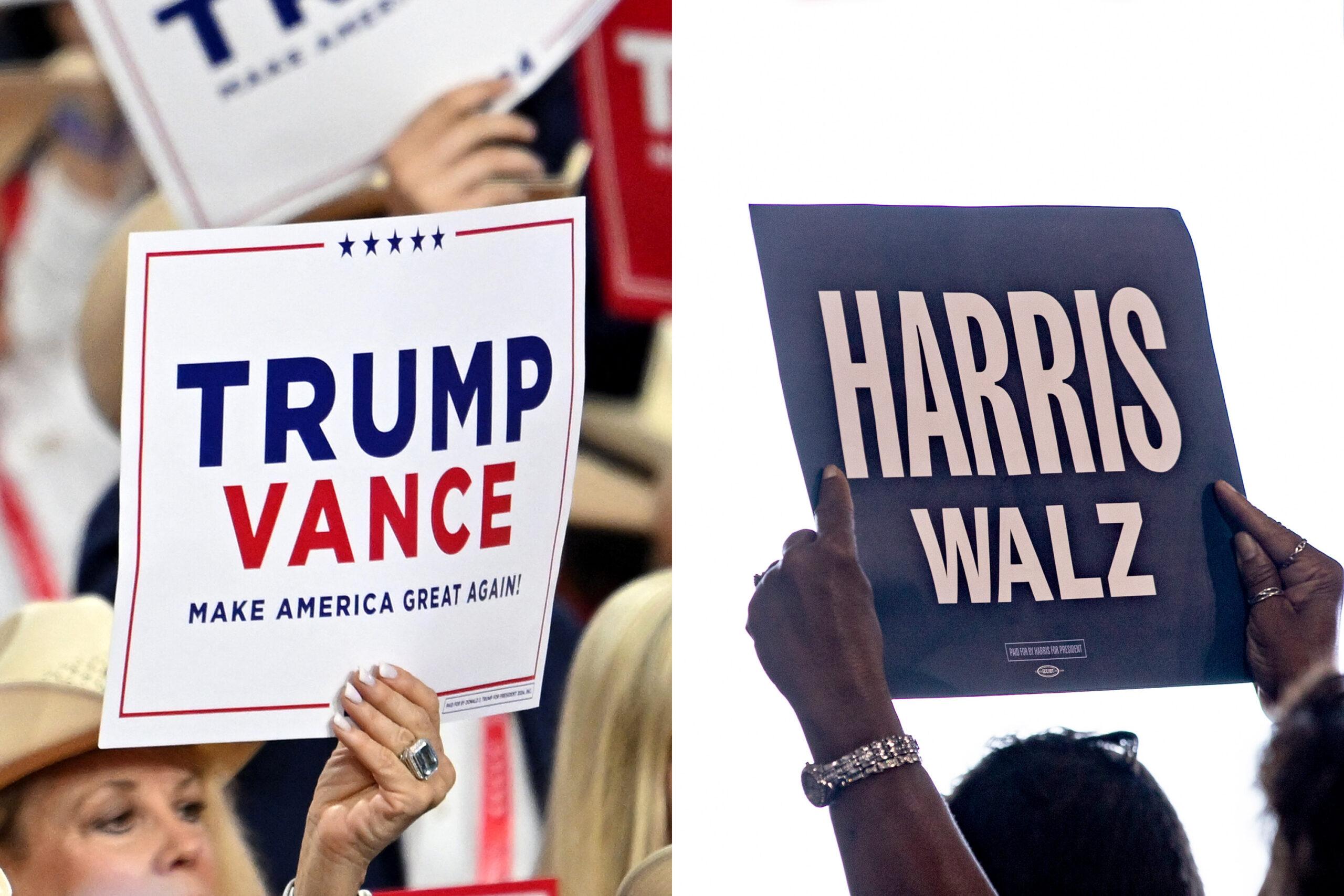
Today’s episode is about how we change our minds—and what political science tells us about the best ways to change the minds of voters. Our guest is David Broockman, a political scientist at the University of California Berkeley, and the coauthor, with Josh Kalla, of a new essay in Slow Boring on Kamala Harris, Donald Trump, and the most persuasive arguments and messages to decide this election. Today, David and I talk about the four biggest myths of political persuasion—and in the process, David will attempt to do something that I’m not entirely sure is possible: He’ll try to change my mind about how persuasion works.
If you have questions, observations, or ideas for future episodes, email us at PlainEnglish@Spotify.com.
In the following excerpt, Derek and David Broockman dive into some of Broockman’s past research to explain what kind of messaging is most effective during an election.
Derek Thompson: Very quickly, and before we dive into the meat of this show, who are you, and what do you study?
David Broockman: Yeah. So I’m a professor of political science at UC Berkeley, as well as the director of our Center for American Democracy at Berkeley. And I study public opinion and political persuasion in the United States.
Thompson: I want to go over some common assumptions about politics and political persuasion. And I wanted you here on the show because I want you to tell me if these conventional wisdoms are right or wrong. Does that sound OK?
Broockman: Sounds great.
Thompson: Number one, I want to begin with this very central dynamic or dilemma in the 2024 election, and that is the popular assumption that Democrats should focus on attacking Trump. And I think the steel man of this conventional wisdom is that elections are a cacophony of noise. And if you want to be heard, you should say the same thing over and over and over again. And if you want to defeat your opponent, given the fact that most people are negativity biased, you should remind people over and over again why your opponent is unacceptable, right?
We know from psychology that people are biased toward negativity. They remember and retain negative messages more than the small and subtle positive things that happen to them in their life. So if you put this all together, it leads, I think, to a very fair and rational assumption that the most important thing you can do in an election is to stay on message and attack your opponent.
From your research, is this true or false?
Broockman: Well, I don’t know that I can tell you, “Definitively, here’s what’s true and false.” But I can give you, I think, our best guess based on the available evidence and social science theories we have. And based on that evidence and theories, I would say that is likely to be false. And I think the basic underlying social science reason for this is that it’s easier to persuade people about things they know less about.
Donald Trump has been in the news for 10 years now. It’s just hard to imagine someone who has been hearing about this guy in probably tens or hundreds of hours of information over the course of the last 10 years—even for people that don’t pay much attention to politics—and all of a sudden, one adjective like “Well, have you ever thought about the fact that he’s weird?” really changing their minds about him.
Versus in the context of this election with Kamala Harris, people know much less about her. In some recent surveys we’ve looked at, a very large share of voters don’t even know what her position is on Social Security. And that’s something that those of us who are really interested in politics would take for granted. But the average person who is just busy with their day-to-day life, why would they know that? And so it’s partly a campaign’s responsibility to let them know.
But together with my colleague Josh Kalla, we’ve applied this in the context of political campaigns in a few ways. There are a few patterns we found that are consistent with this. One is when we look at these experiments that campaigns have done over the decades of what seems to be persuading voters in elections, one telltale sign of this is that as you get closer to an election—and so people have heard more from the media, heard more from campaigns—the effects of campaigns’ outreach goes down. And so you can have these big effects on what people think back in August, but by the time you get to November, the effects of each of those pieces of outreach is smaller. That’s one pattern consistent with that.
Another is some work we did, again, with my colleague Josh Kalla at Yale back in 2020, when we found in the 2020 election, which has some eerie similarities to this one, we tested, actually, hundreds of messages about Donald Trump, and none of them worked. But then, messages about Joe Biden, who at the time was similarly not nearly as well-known as Trump (Biden had not been president for the last four years at that point), were actually much more effective, both pro- and anti-Biden messages.
And recently, we had the opportunity to replicate some of that work in 2024. And sure enough, in the context of this election, we find the same thing, that all these attacks on Trump, none of them do anything to make people vote for Kamala Harris. But telling people more about Kamala Harris, that really changes their view of her and makes them more willing to vote for her.
This excerpt was edited for clarity. Listen to the rest of the episode here and follow the Plain English feed on Spotify.
Host: Derek Thompson
Guest: David Broockman
Producer: Devon Baroldi
Subscribe: Spotify

